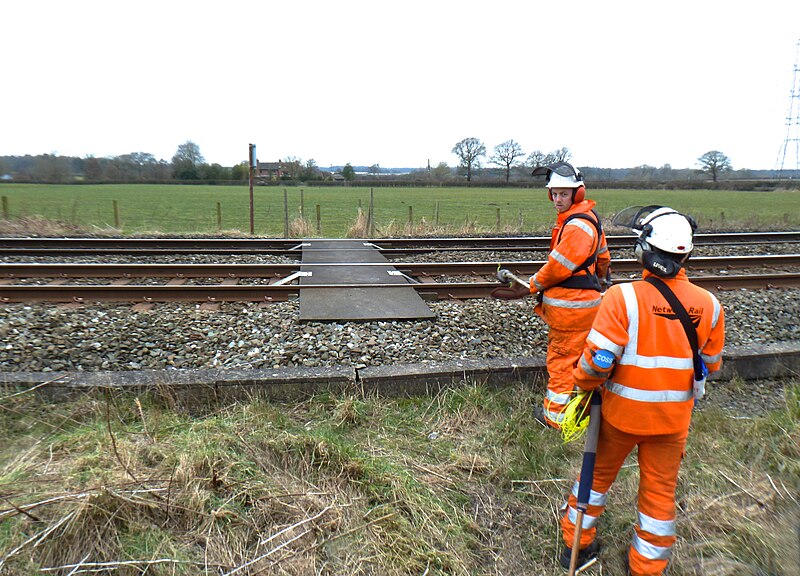
Rail workers and train drivers have witnessed substantial pay rises, even as their strikes have caused weeks of travel disruptions. According to data from the Office for National Statistics' annual
survey of employee earnings, full-time rail construction and maintenance workers saw their average weekly wages rise from £758 to £884 in the past year, marking a 17% increase. This increase was second only to public relations managers, who experienced an average weekly wage increase of £180 between 2022 and 2023.
Train drivers, who have engaged in strike actions and overtime bans for a significant portion of the year, saw their wages increase by £90 per week, ranking among the top 20 pay raises out of around 300 occupations surveyed. On an annual basis, the ONS estimates that train drivers earn an average of £64,348, which is nearly £20,000 more than a decade ago.
However, the outlook was less favorable for those working on the passenger side of the rail business. Rail travel assistants experienced a 1% decrease in their weekly pay, with full-time wages falling to £36,080. The RMT union, representing ticket inspectors and guards, has conducted 30 days of strike action since last June, while Aslef, representing train drivers, has organized 12 days of strikes.
Chief executives remained the highest-paid workers, with average annual wages of £84,131, rising to £114,712 for the top 25% of earners. However, the pay for this occupation increased by just 1% compared to the previous year.
Among the top twenty highest-paying jobs, eight saw their wages increase at a faster rate than the overall employee population. This included train drivers, as well as IT directors (+8.9%), financial managers (+6.8%), and electrical engineers (+10%).
Overall, full-time employee weekly earnings across the country increased from £642 to £682 over the period, representing a 6.2% increase, the highest recorded since comparable records began in 1997.
Some of the largest proportional increases in weekly wages were observed among air travel assistants (21.3%) and travel agents (17.9%). The surge in passengers at Heathrow Airport last August, nearly tripling compared to 2021, contributed to travel chaos but also created a surge in job vacancies across the sector.
Additional occupations benefiting from wage increases of over 15% included theme park assistants, vets, speech therapists, and crane drivers.
The data also revealed some of the lowest-paying jobs in the country, with full-time cashiers earning around £383 per week and childminders earning £385.
Geographically, gross weekly earnings for full-time employees were highest in the City of London, where earnings averaged £1,120 per week. This was followed by Tower Hamlets (£1,053), home to the Canary Wharf banking district, and Westminster (£906), where politicians interact with lobbyists and public relations professionals.
On the other end of the spectrum, weekly wages were lowest in Oadby and Wigston in Leicestershire, where the average employee earned just £470 per week. Burnley (£520) and Merthyr Tydfil in Wales (£542) followed as areas with lower weekly wages. Photo by Open rail crossing by Anthony O'Neil, Wikimedia commons.



































